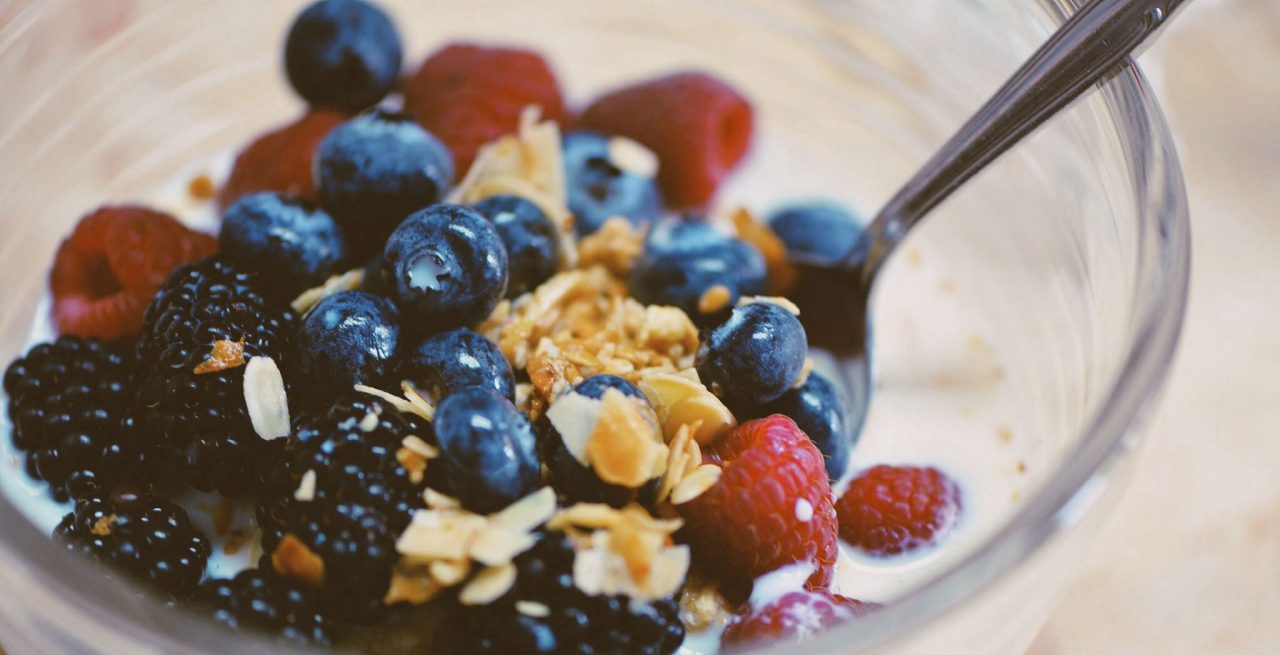How to Prevent Colon Cancer

A diet of colorful fruits and vegetables loaded with antioxidants, whole grains, and fewer animal products can help you prevent colon cancer.
Africans have a very low incidence of colon cancer, which is attributable to consuming high amounts of fiber and very low amounts of fat.
“The significantly lower pH in the colon resulting from a plant-based diet helps lower the risk of colon cancer. Specific protective foods include beans, berries, broccoli, black beans, and a number of herbal varieties of tea, carob, coffee, apples, turmeric, cranberries, sweet potatoes, nuts, lemon rind, and seeds,” according to Nutrition Facts.
African Americans, however, have a much higher risk of colon cancer. Black men are 24 percent more likely to develop colorectal cancer and 47 percent more likely to die from it than white men. Black women are also more at risk than white women but not by as much. Smoking, obesity, and a family history of this kind of cancer increase your risk as well.
YOU MIGHT ALSO LIKE: Colon Cancer Risk Factors for African Americans
The kind of starch that comes from plant foods like cooked beans, peas, lentils, and raw oatmeal can block the accumulation of potentially harmful byproducts of animal protein metabolism in the colon.
In your everyday diet that means lots of colorful fruits, vegetables, and whole grains, says Colleen Doyle, MS, RD, nutrition director for the American Cancer Society.
To prevent colon cancer, "you want to eat a diet with lots of colorful fruits and vegetables. We encourage people to eat at least five servings a day with lots of variety and lots of color. We also encourage people to incorporate more legumes and beans, as an alternative to red meat,” Doyle says.
Brightly colored fruits and vegetables are loaded with antioxidants, molecules that inhibit the oxidation of other molecules. Oxidation is a chemical reaction that can produce free radicals, leading to chain reactions that may damage cells and, in some cases, lead to cancer.
Dietary supplementation is another way to prevent colon cancer, although factory-produced supplements are less effective than healthy dietary changes (and are not regulated by the Food and Drug Administration). Supplements that help include calcium, vitamin D, folate, fiber, selenium, and omega-3 fatty acids.
Drinking milk is helpful because it’s a good source of calcium, which may inhibit the growth of adenomas, benign tissue growths that sometime turns into malignant tumors. Some studies have shown that people who drink milk regularly have a reduced risk of developing colon cancer.
The huge variety of foods you can eat that might help prevent colon cancer includes salmon, spinach, almonds, ginger, cinnamon, garlic, brown rice, blueberries, carrots, sweet potatoes, raspberries, pears, lima beans, popcorn, apricots, rye, pinto beans, dates, figs, prunes, chickpeas, raisins, sprouted bread, wheat bran, flaxseed, blackberries, plums, apples, Brazil nuts, kidney beans, walnuts, navy beans, pecans, baked potatoes, kiwis, pistachio, oranges, peanuts, aloe vera, green beans, dark chocolate, coffee, rhubarb, artichokes, lentils, grapes, and black eyed peas.
According to research, nuts of all kinds may help prevent colon cancer. To examine the relationship between eating nuts and colon cancer risk, researchers compared 923 people diagnosed with colon cancer and compared their diets to nearly 2,000 people who didn’t have colon cancer.
Men who reported eating three or more servings of nuts per week had a 69 percent lower risk of colon cancer than those who did not eat nuts.
YOU MIGHT ALSO LIKE: Vitamin D May Prevent Young-Onset Colon Cancer
Updated:
March 02, 2023
Reviewed By:
Christopher Nystuen, MD, MBA